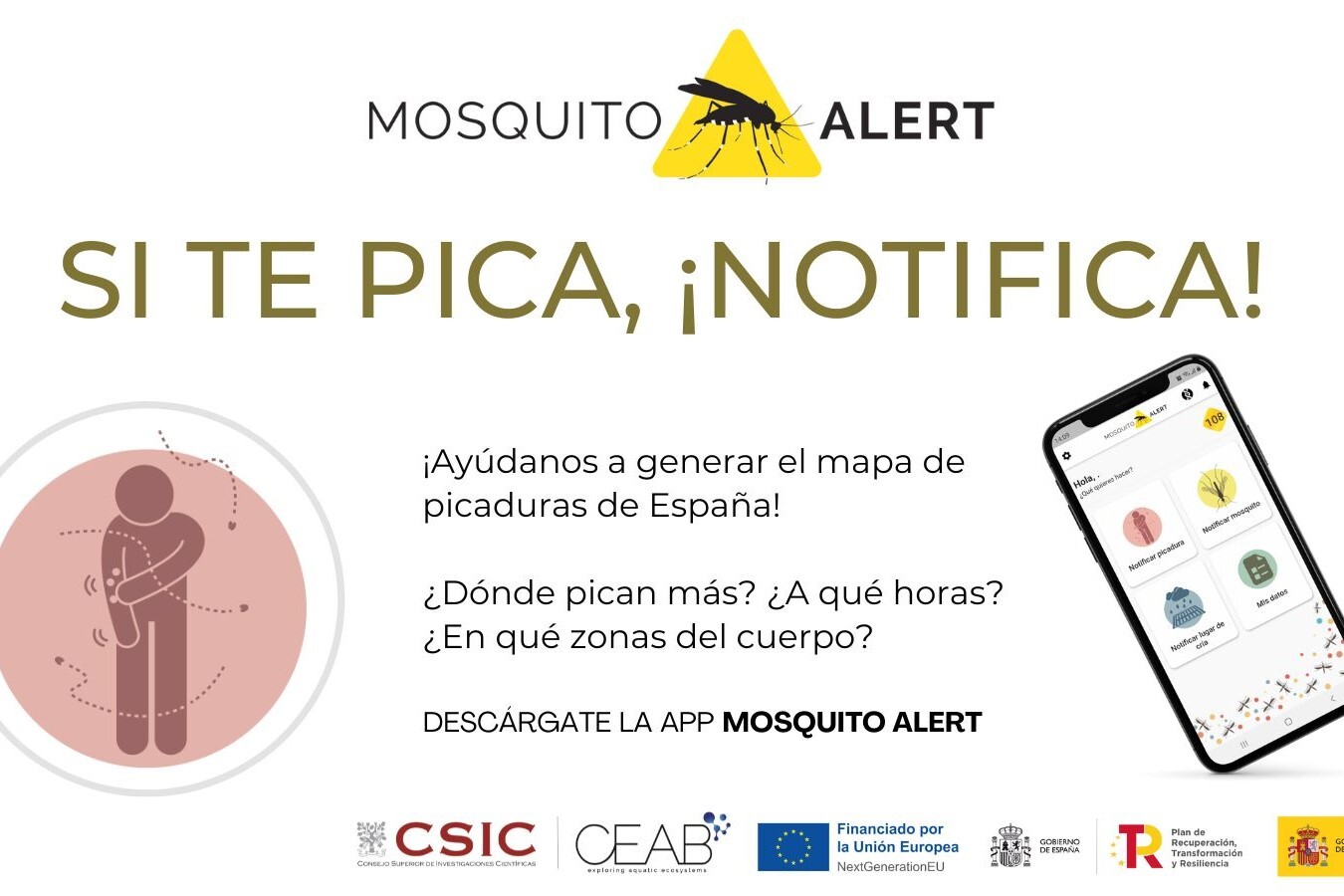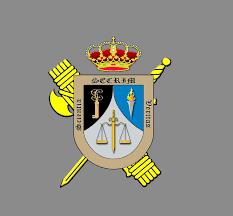

Environment and Weather
Spanish Government promotes Mosquito Alert system
The Ministry of Health, through the Health Alerts and Emergencies Coordination Centre, is promoting the Mosquito Alert project as a tool to improve the control and surveillance of mosquitoes that can transmit diseases. This platform allows anyone to provide information on the presence and activity of mosquitoes through an app. Citizen science is included for the first time as a surveillance tool in the new National Plan for Prevention, Surveillance and Control of vector-borne diseases.
Mosquito Alert is a project coordinated by the Blanes Centre for Advanced Studies of the Higher Council for Scientific Research (CSIC), Pompeu Fabra University, the Centre for Ecological Research and Forestry Applications and the Catalan Institute for Research and Advanced Studies. During its almost ten years of activity, it has shown how citizen participation can improve the potential of surveillance and early detection of invasive species such as the tiger mosquito (Aedes albopictus) or the Japanese mosquito (Aedes japonicus).
“The world is changing at great speed; we cannot face problems without changing our way of facing them. It is necessary to innovate to achieve efficient surveillance systems. Citizen science is key to what we are responsible for today”, said Fernando Simón, director of the Health Alerts and Emergencies Coordination Centre, at the closing of the presentation of the National Plan. “We constantly generate information on our mobile phones, this has to be useful for vector control and many other public health issues,” he said.
‘If it stings, report it!’
In collaboration with the Centre for the Coordination of Alerts and Sanitary Emergencies of the Ministry of Health, Mosquito Alert has planned a communicative and informative action to promote citizen participation with the slogan ‘If it bites you, notify!’. The objective is to study the expansion of the tiger mosquito beyond its known limit of distribution in Spain; generate the first map of bites in Spain to identify where and when there is a greater interaction between humans and mosquitoes; expand knowledge about the distribution of the Japanese mosquito in the Cantabrian coast; and detect the possible arrival of the yellow fever mosquito.
To this end, different outreach materials have been jointly created, available on the Mosquito Alert website so that any interested institution (administrations, provincial or municipal) can join the communicative/informative action, promoting participation in their territory.
In the words of Frederic Bartumeus, CEAB-CSIC researcher and co-director of Mosquito Alert, “this recognition is a great step forward for citizen science and for the fight against mosquito-borne diseases. The incorporation of citizen science in a National Plan It is a pioneering action at the European level. It is an important milestone that demonstrates the value of collaboration between the scientific community, citizens and administrations to achieve common goals.”
Bartumeus also insists on the importance of citizen participation: “Citizen science enables massive data to be obtained and constant dialogue with citizens. Having a network of people willing to collaborate with science reduces costs and expands surveillance areas, allowing early detection. The role of the public is crucial”.
A public health tool
All the information provided by the public within the framework of the project contributes to the scientific study and management of invasive mosquitoes. The data can be consulted and downloaded on the Mosquito Alert map once it has been validated and classified by the experts of the National Digital Entomology Network.
According to Roger Eritja, head of entomology in the project, “the validation by these experts, combined with artificial intelligence techniques provide great precision, consistency and speed to a real-time surveillance platform.” With all this information, dynamic risk maps are being prepared that allow a faster and more efficient response to public health problems related to mosquitoes.
The CEAB-CSIC has European funding through the Recovery, Transformation and Resilience Plan of the Government of Spain, from the Next Generation EU funds. This economic support will contribute to the maintenance of the platform’s infrastructure, as well as to the generation of an automated alert system with artificial intelligence and visualization tools in near real time, which will improve decision-making by health managers. public of the different administrations.
The app is called MOSQUITO ALERT and the website is http://www.mosquitoalert.com/, both of which are available in English.
The post Spanish Government promotes Mosquito Alert system appeared first on Spain Today – Breaking Spanish News, Sport, and Information.


























